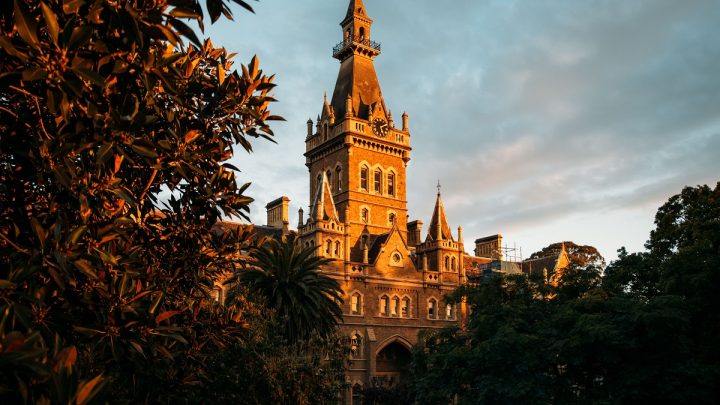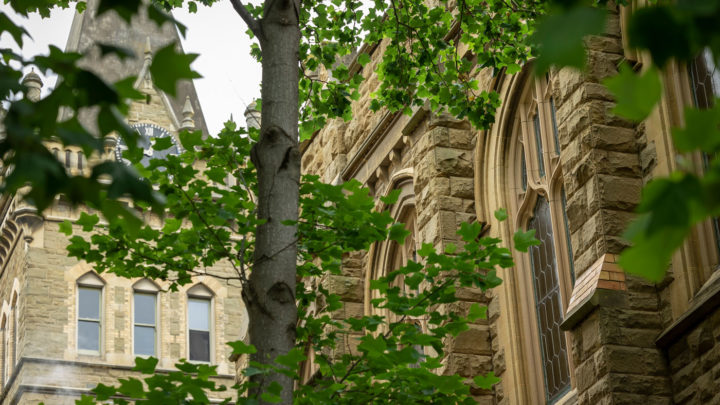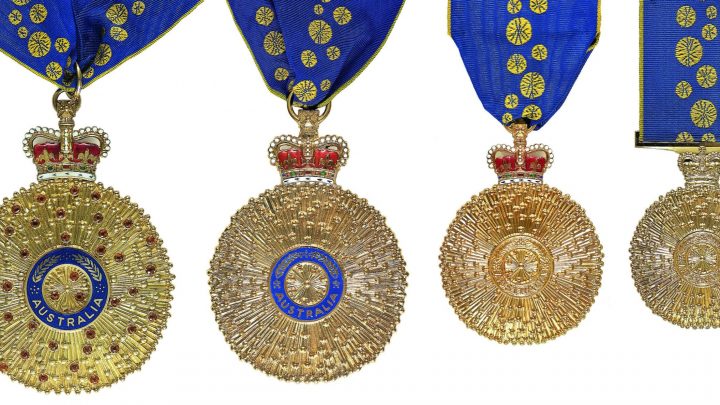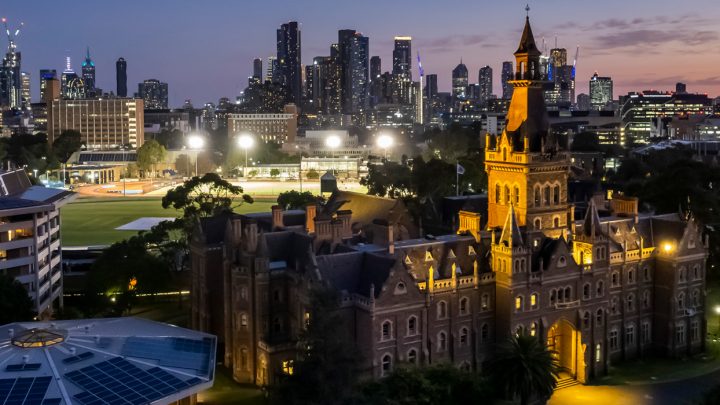
Australia Day Honours 2024
Ormond College extends its congratulations to the members of our community who have been recognised in the recent Australia Day Honours list. The late Mr Max Burnet OAM (OC 1959) has been...
Read MoreClunes Mathison, a brilliant medical scientist and former Ormond tutor has appropriately been at the heart of the Walter and Eliza Hall Institute’s centenary commemorations this year.
Not only was the Institute founded in 1915; Mathison was appointed its inaugural director in April 1915 — which he did not know, being away with the AIF and preparing for the landing at Gallipoli — and he never took up the position, as he died in May 1915 while serving as a battalion doctor. In 2015, the Walter and Eliza Hall Institute is commemorating the centenary of both the appointment and death of its inaugural director, as well as its own centenary.
The position would have been tailormade for Mathison. He was the Macfarlane Burnet or Florey or Gus Nossal that Australia lost at Gallipoli. Of all the 60,000 Australians who died in that ghastly war, no one exemplifies our lost generation of outstanding talent more than Clunes Mathison.
Born at Stanley near Beechworth in 1883, Mathison studied medicine at the University of Melbourne. His degree was studded with honours. After graduating, he resided at Ormond as the College’s popular Medicine tutor. Legendary Ormondian ‘Barney’ Allen was impressed: “He never flagged: the variety of his interests was remarkable. I have been with him on all sorts of occasions — yarning, cricketing, camping, canoeing, fishing, ski-running — and it was always the same: whether it was a question of scientific knowledge or of academic diplomacy, or the value of a book or a picture or a piece of music, or the fastening of a ski-binding, it was always ‘Ask Mathie’.”
Mathison went overseas in 1908 and worked with Professor E. H. Starling, an eminent British medical expert. According to Starling, Mathison produced a “mass of original work of the highest importance” that was published in “a rapid succession of masterly papers”.
Charles Martin, the director of London’s renowned Lister Institute, was another admirer: “No man I have ever known possesses the genius for research so highly as Mathison”. Awarded the degrees of Doctor of Medicine and Doctor of Science, Mathison also received one of the first Beit Fellowships for Medical Research, an outstanding accomplishment that underlined his growing international reputation.
Mathison returned home in 1913 to a research position created for him at Melbourne Hospital. Reginald Webster, who researched alongside him, captured Mathie’s essence: “a man of brilliant attainments, radiant promise and endearing personality”.
Enlisting immediately in August 1914, Mathison landed at Gallipoli on the first day and served with conspicuous bravery: “Wherever I am wanted, just tell me, and I will try to go”, he said as he toiled devotedly in the open to care for Australian wounded before being fatally hit on 9 May.
The tributes after his death were remarkable. Professor Starling said: “For the science of medicine throughout the world, the loss is irreparable”.
A statue of Mathison was unveiled at the Walter and Eliza Hall Institute earlier this year.

Ormond College extends its congratulations to the members of our community who have been recognised in the recent Australia Day Honours list. The late Mr Max Burnet OAM (OC 1959) has been...
Read More
Following the sudden illness and untimely death of former Ormond student Joe Kirby in 1992, his friends contributed donations to enable Ormond College’s establishment of the Joseph Kirby Fund. ...
Read More
The College extends congratulations to three alumni who have been recognised in the recent Kings’s Birthday Honours list: Mr Alexander J Forrest OAM (1962): for service to youth through Scouts....
Read More
2023 Ormond Connect Mentoring Program launch and OCA Committee
Read More